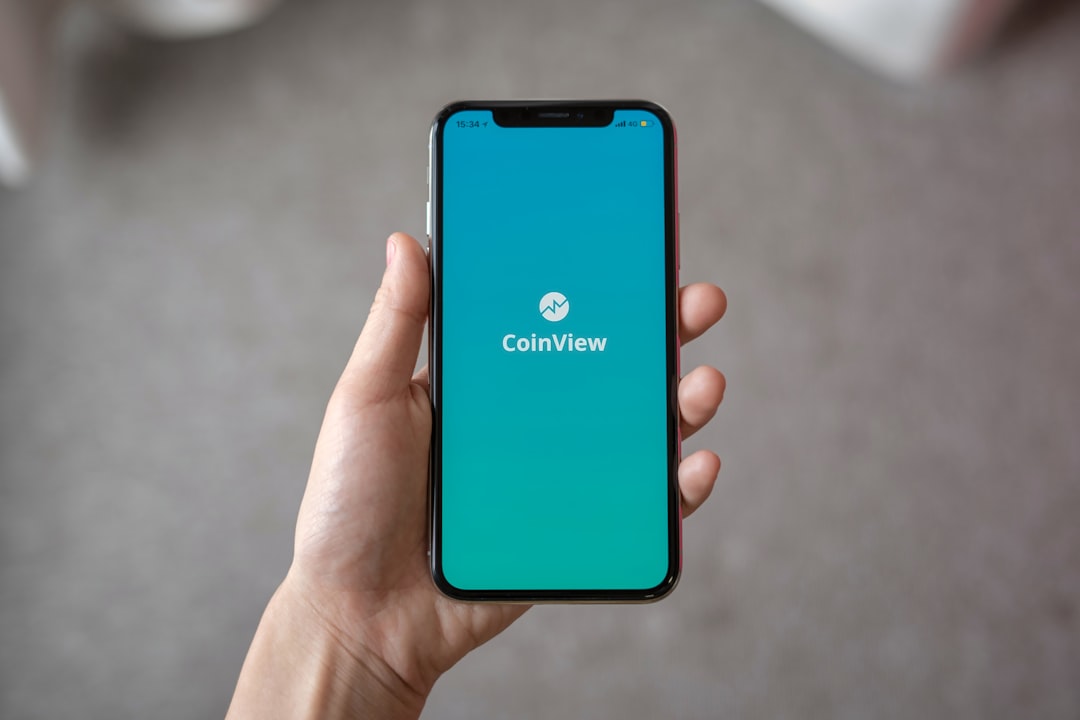In Arizona, consumers have legal protections against unwanted phone calls from debt collectors, including those dialing the wrong number. The Telephone Consumer Protection Act (TCPA) restricts contact frequency and has provisions for incorrect number calls. Consulting a debt collector calling wrong number lawyer Phoenix or robocall attorney Phoenix is recommended to stop robocalls and seek compensation for violations. A specialized legal professional can guide individuals through their rights under both federal and Arizona state laws, ensuring compliance with TCPA regulations.
- Understanding Your Rights Against Debt Collectors Calling Wrong Numbers
- Navigating Robocall Laws in Phoenix: What You Need to Know
- How to Seek Legal Compensation for Unwanted Phone Calls from Debt Collectors in Phoenix
Understanding Your Rights Against Debt Collectors Calling Wrong Numbers
In the state of Arizona, including Phoenix, consumers have rights when it comes to unwanted phone calls from debt collectors. If a debt collector reaches out to you via telephone and it turns out they’ve called the wrong number, you may be entitled to legal recourse under the Telephone Consumer Protection Act (TCPA). This federal law restricts how often debt collectors can contact individuals and includes provisions for incorrect number calls. If you’re facing incessant or inappropriate robocalls, consulting a debt collector calling wrong number lawyer Phoenix is advisable. These legal professionals specialize in navigating the nuances of the TCPA to help clients stop unwanted calls and even seek financial compensation for violations.
In addition to the TCPA, many states have their own consumer protection laws that address incorrect number calls. An attorney specializing in robocall law firms Phoenix can guide you through these rights and help you understand your options. They may suggest taking formal action against the debt collector, which could involve filing a complaint with regulatory bodies or pursuing legal avenues to stop the calls and secure damages if applicable.
Navigating Robocall Laws in Phoenix: What You Need to Know
In Phoenix, as in many parts of the U.S., unwanted phone calls from debt collectors are a common nuisance. The Telephone Consumer Protection Act (TCPA) provides substantial protections against automated or prerecorded calls, often referred to as robocalls, to cell phones and home telephones. However, navigating these laws can be complex, especially when dealing with persistent debt collector calls directed at the wrong number. A lawyer specializing in robocall cases, such as those found in Phoenix, can help you understand your rights and pursue financial compensation if necessary.
If a debt collector continues to call you after you’ve requested they stop, or if they’re calling the incorrect number, you may have grounds for legal action. Robocall lawyers in Phoenix are adept at handling such cases, ensuring that individuals receive the relief they deserve under the TCPA. Don’t let these laws protect you; connect with a reputable debt collector calling wrong number attorney in Phoenix to explore your options and stop unwanted calls once and for all.
How to Seek Legal Compensation for Unwanted Phone Calls from Debt Collectors in Phoenix
If you’ve been the victim of repeated unwanted phone calls from debt collectors after being mistakenly identified as someone in debt, it’s important to know that you have legal options. The Telephone Consumer Protection Act (TCPA) prohibits automated or prerecorded calls, often referred to as robocalls, to individuals without their prior express consent. If a debt collector has called you using this method and you’ve confirmed that the number was incorrect, they can be held accountable for these unauthorized calls.
In Phoenix, individuals affected by such instances can seek legal compensation from the responsible debt collector or call center. A skilled debt collector calling wrong number lawyer or robocall attorney in Phoenix can help navigate the complexities of the TCPA and guide you through the process of filing a complaint. These legal professionals will assess your case, gather evidence of the unsolicited calls, and represent your interests to secure monetary damages for the intrusion on your privacy and any emotional distress caused by the repeated misdirected calls.






